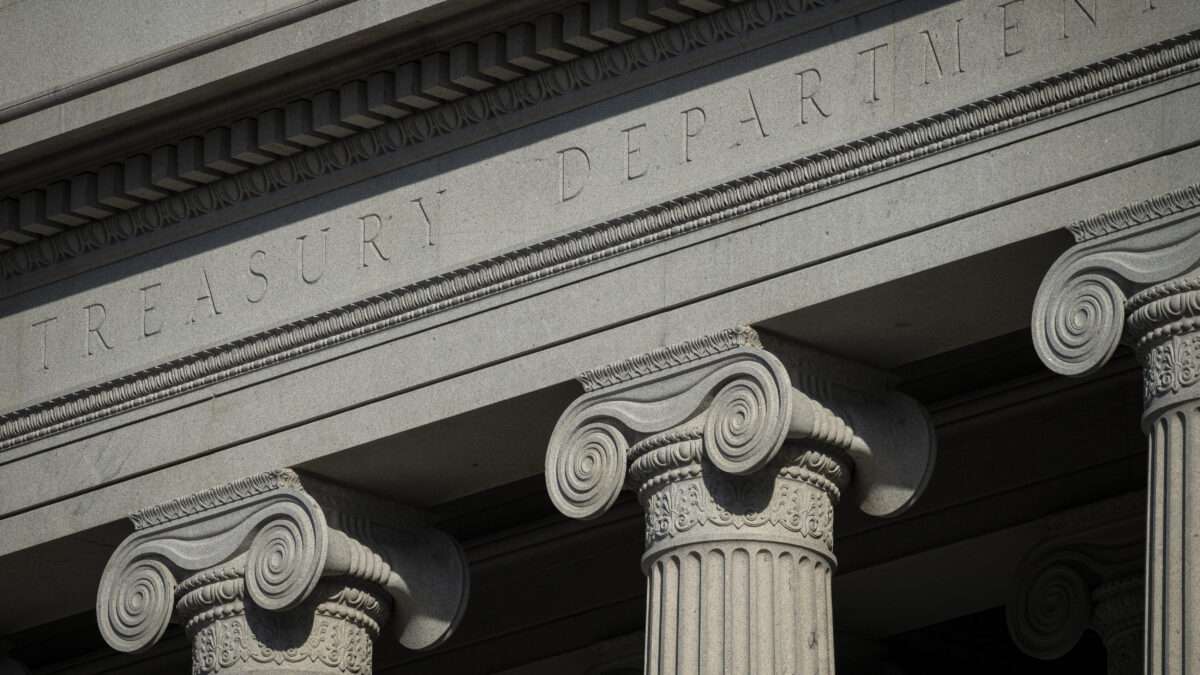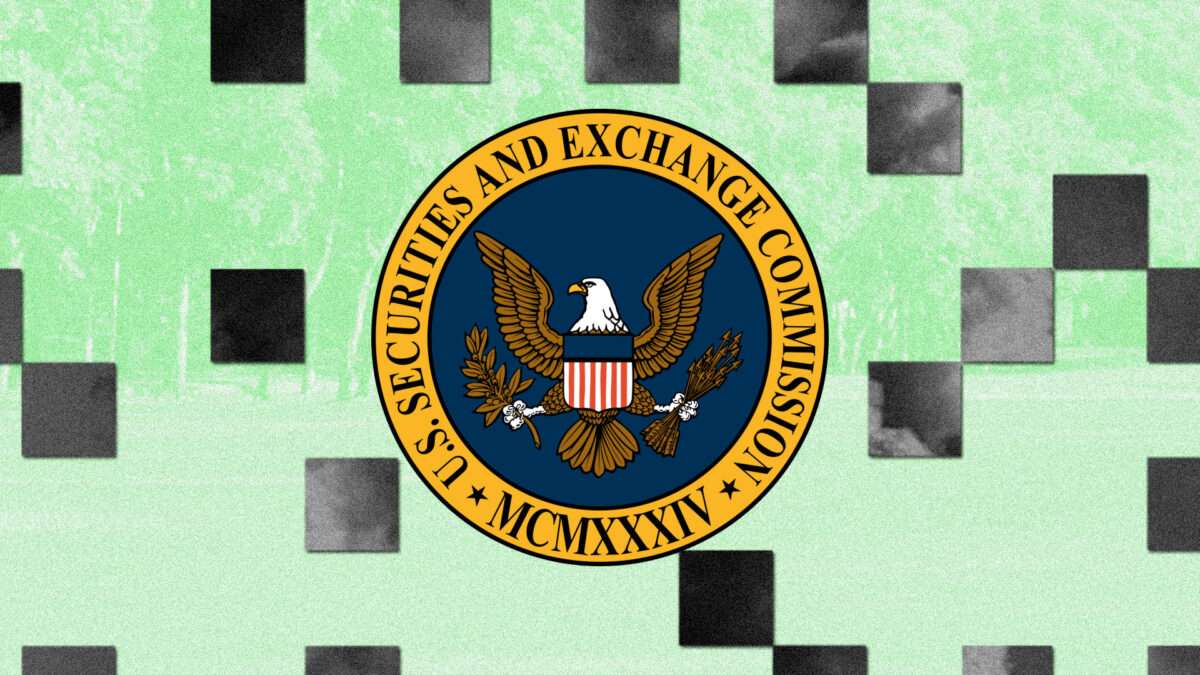This Tax Week, Remember That the Federal Income Tax Is Relatively New

Another Tax Day has come and gone, and most Americans believe they pay too much. One recent poll revealed that 56 percent say they pay more than their fair share. Unfortunately, I fear this is just the beginning considering the insane level of debt Washington policymakers have accumulated over the years. With this in mind, here are some important facts about our tax system that you might not know.
The payroll tax is the heaviest burden for most taxpaying Americans, but the income tax is more visible and painful to a lot of people. While we are accustomed to it—and while it affects some Americans' decisions about how much to work, invest, or save—the income tax didn't exist for most of our country's life.
In 1895, the Supreme Court ruled against a direct tax on the incomes of American citizens and corporations, something that had been included in the previous year's Wilson-Gorman Tariff Act. The court found that such a tax violated the constitutional requirement that tax apportionments among the states be based on population. It took a constitutional amendment—the 16th—to eventually change that and pave the way for the modern income tax.
The very first Internal Revenue Service Form 1040, introduced in 1913 after the ratification of the 16th Amendment, was remarkably straightforward compared to what we know today. It was only four pages long, including instructions, and the top tax rate was 7 percent on incomes above $500,000, which is over $15 million in today's dollars. Some people were horrified by a 7 percent tax and warned that it could put us on a slippery slope to higher rates—maybe even above 10 percent (!)—imposed on a vast majority of people. They were called crazy for fearing such a thing.
And yet, as predicted by a few realists, the income tax rate not only increased, but the threshold at which it's applied went down. During the 1950s and the Eisenhower administration, the top marginal tax rate on incomes reached 91 percent for individuals. This rate applied to incomes over $200,000 (about $2 million today) for single filers and $400,000 (about $4 million today) for married couples filing jointly. These high taxes were part of a broader policy to manage post-war fiscal adjustments and fund federal programs. These rates also failed to raise as much money as you would think due to many loopholes in the tax code.
While the top marginal rate is much lower today, the income tax code remains remarkably complicated. Will McBride, a scholar at the Tax Foundation, recently wrote that "as of 2021, the U.S. income tax code was 4.3 million words long and growing. That's much longer, and presumably much more complicated, than tax codes found in other countries." There are several reasons for this.
First, many welfare programs are administered through the tax code. In recent testimony before the Senate Budget Committee, the Cato Institute's Chris Edwards wrote, "The tax code is an increasing mess. The number of official tax expenditures has risen from 53 in 1970 to 205 today, making IRS administration and enforcement ever more difficult. We know from experience that complex tax expenditures, such as the low-income housing tax credit and earned income tax credit, generate substantial errors and abuse."
In addition, contrary to common belief, the U.S. income tax system is actually quite progressive. According to the Tax Foundation, "though the top 1 percent of taxpayers earn 19.7 percent of total adjusted gross income, they pay 37.3 percent of all income taxes. Just 3 percent of taxes are paid by the lowest half of income earners." Maintaining this progressivity through all kinds of tax provisions increases the complexity of the code.
This progressivity is generally ignored by those who argue that taxing the rich is the solution to reducing the burgeoning U.S. national debt. Soaking the rich, while perhaps appealing in its simplicity, misses the scale of the problem. Brian Riedl, a Manhattan Institute senior fellow, noted that if we were to confiscate 100 percent of the income of everyone making over $500,000 per year, it would fund the government for less than a year. This puts into perspective the enormity of the $34 trillion national debt versus the income of the rich.
Taxing the rich is a convenient distraction hiding the reality that if spending isn't cut, taxes will have to be raised on everyone, a lot. On this tax week, I suggest Congress starts cutting.
COPYRIGHT 2024 CREATORS.COM.
The post This Tax Week, Remember That the Federal Income Tax Is Relatively New appeared first on Reason.com.



